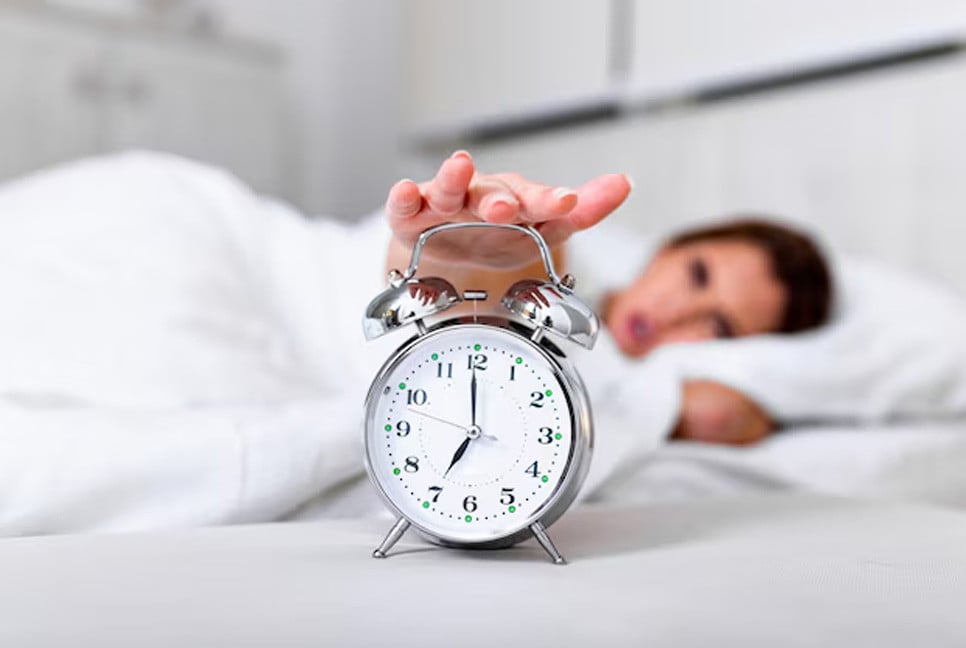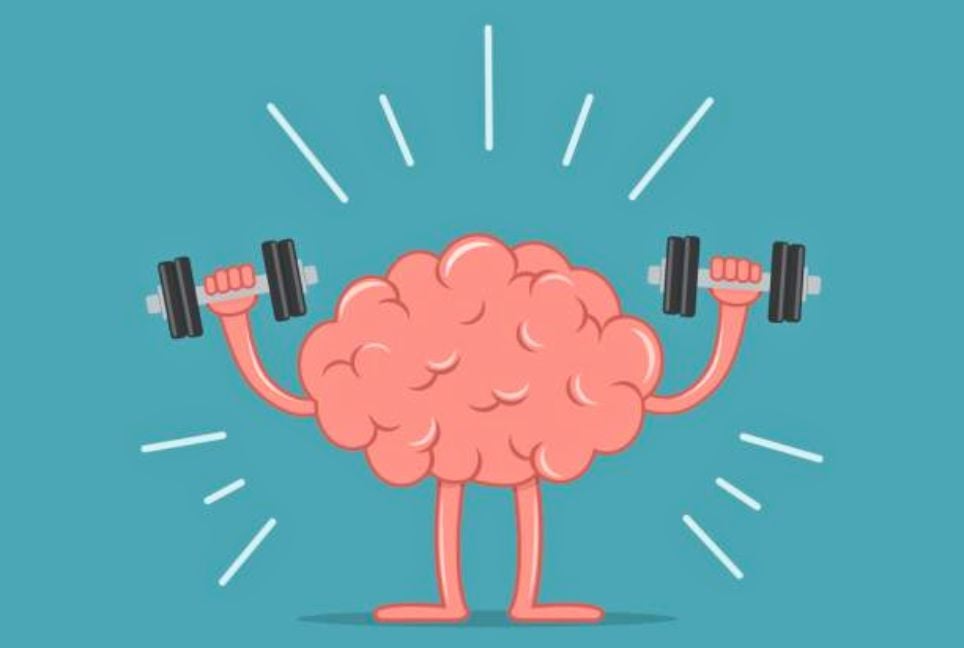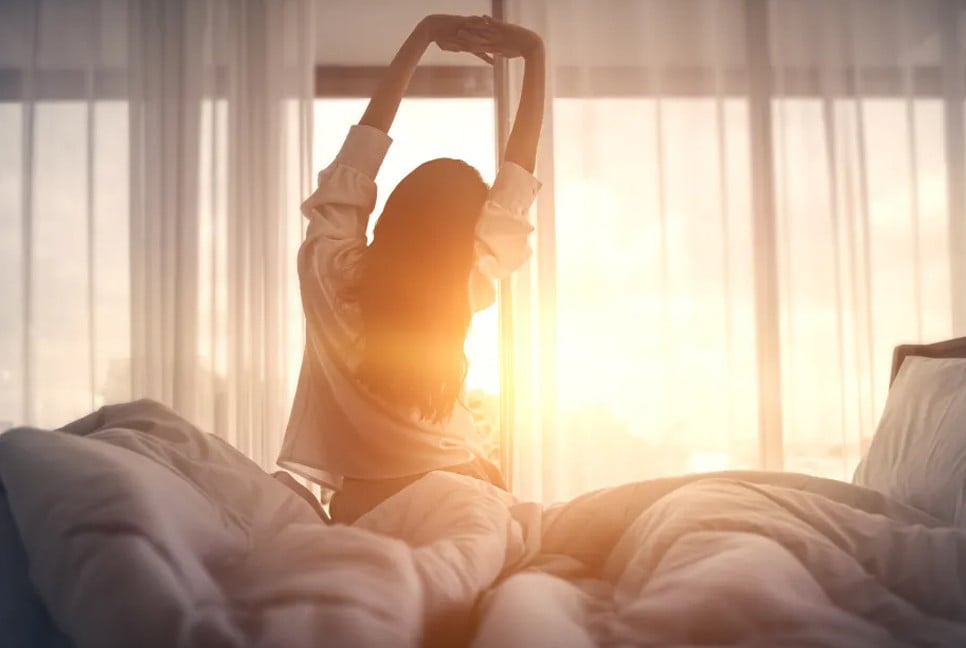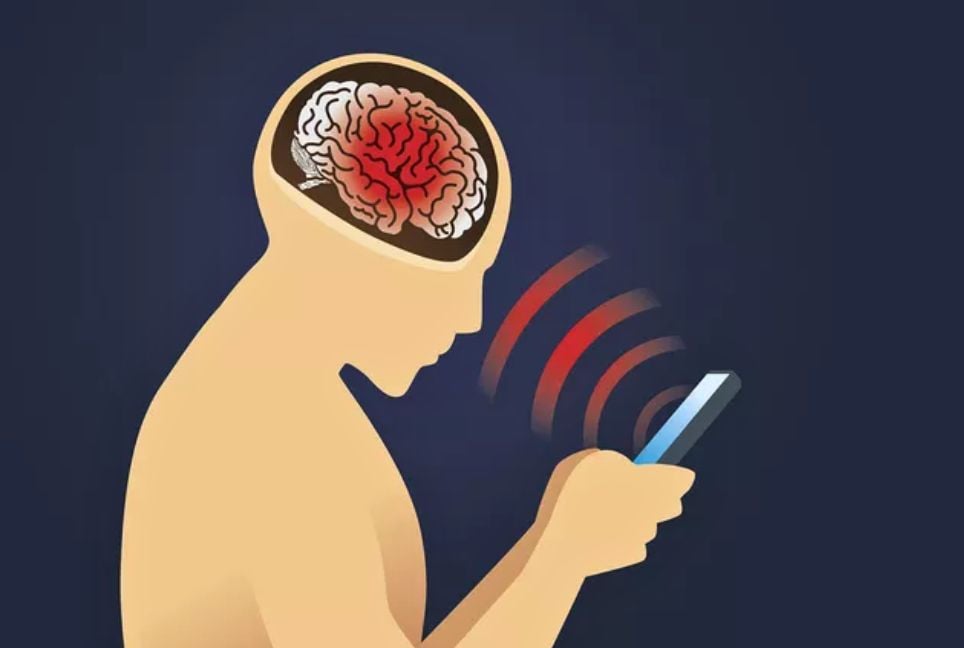Almost everyone dislikes getting up in the morning. Therefore, they shut their alarm clock’s sound and stuck to the bed until noon.
Pete Wise, a freelance journalist at the Guardian, shared his experience with alarm clocks and how he managed to love it.
He said: “I’ve always disliked getting up in winter. As a kid, I’d hurkle-durkle while blearily watching my school uniform warming on the radiator. These days, I set smartphone alarms for several consecutive minutes, just to make sure I’m roused. It’s too dark, and I’m too groggy.”
I’d heard of sunrise alarm clocks before the Filter asked me to review them, but little did I suspect they could resolve my waking woes. Essentially, they’re a combination of alarm clock and light-therapy device that glows with increasing brightness as your wake-up time approaches. The light interacts with our circadian rhythms, much as the sun does when it rises, so we wake up biologically prepared for the day.
How sunrise alarm clocks made my mornings better
As a writer interested in tech, I often review fascinating and useful gadgets, from electric heaters to, erm, smart drinking fountains for cats. It’s enjoyable – but only a few of the products change my lifestyle in the long run. Sunrise alarm clocks soon proved to fall into this exclusive category. Through much of the winter I wake in darkness, so my organs probably won’t have received signals from my brain to prep them for the day.
My top sunrise alarm clock picks – the Lumie Bodyclock Spark 100 and the Philips SmartSleep wake-up light – have tangibly changed the equation. I’m waking up feeling more energetic, less groggy and mentally sharper.
What matters in a sunrise alarm clock
All of the sunrise alarm clocks I’ve tested had their strengths – lilting wake-up sounds, pleasing design, useful features, and so on – but only certain models surpassed the brightness threshold that seems to wind my circadian clock. Whereas seasonal affective disorder (Sad) lamps are often advertised with a lux rating for brightness, this important stat tends to be absent from sunrise alarm spec sheets, which makes it difficult to know how bright a model will be. One good indicator is if they have certification as a medical device, as is present with the Bodyclock Spark 100.
How these devices play into healthy sleep
Sleep is personal, and no single device will suit every slumberer. For me, sunrise alarm clocks have benefited my sleep-wake cycle more than any other product – perhaps excluding my memory foam mattress. Very good models such as the Lumie Sunrise Alarm can be bought for less than £40, so it’s worth trying one if you find dark mornings difficult.
An important benefit of sunrise alarm clocks is that your morning wake-up no longer involves your phone. Stopping a smartphone alarm means your day begins with eyes on-screen – and the road from here to doom scrolling is about the length of a thumbprint. By using any kind of alarm clock you can start the morning smartphone-free.
If you’re still waking up on the wrong side of the bed, you can find further recommendations in the Filter’s guides to the best mattresses, sleep aids and electric blankets. Some morning people are made, not born.
Courtesy: The Guardian
Bd-Pratidin English/ AM





































































